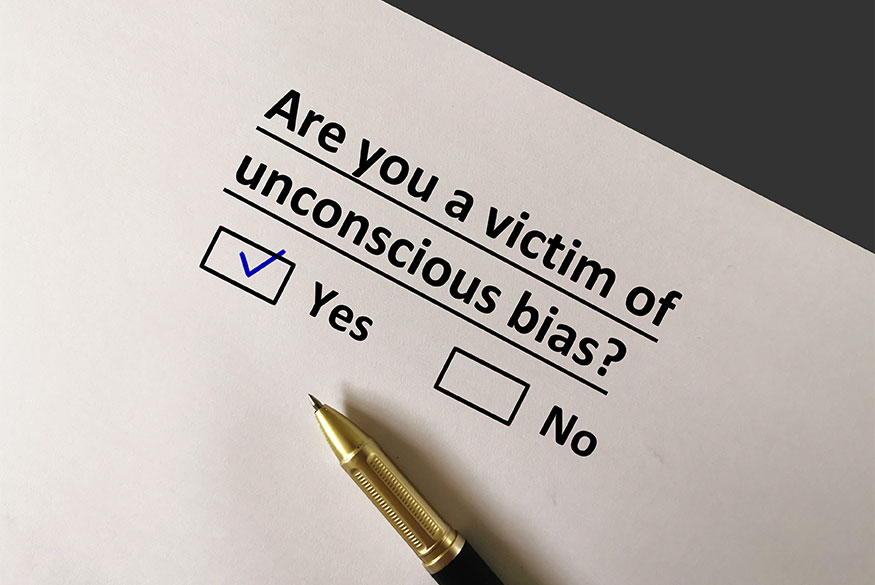Of the many issues in the world today, one of the major ones is communication, or rather, the lack of it. We struggle to find the right words. We speak too hastily. Or, as we’ll talk about in this blog, we hold fast to our own preconceived judgements, prejudices, and opinions. The unconscious biases we hold are major obstacles to effective communication.
Each of us possesses unconscious biases about people, processes, and actions. They are developed early in our lives, influenced by our families, friends, and the places we grew up. These influences shape our emotions, perceptions, and interactions with others.
I grew up in a small coal mining town in Western Pennsylvania. My exposure to diversity was limited. I didn’t experience different races, religions and media influence that is typical in a larger city. While my isolation didn’t allow me to experience a lot of diversity that others may have had which could have created influences in interacting with people of different backgrounds.
Even when prior interactions are difficult, it’s important not to close ourselves off, or judge individuals based on the actions of others. This information lives in our minds, and it creates an immediate, sometimes visceral impression of the people, places or things we encounter.
When I moved to the NY/NJ area in 1981 after graduating from WVU, I experienced culture shock. Everything moved at a faster pace. People appeared rude and pushy, and common courtesies like saying thank you were scarce. I’ll admit it. I formed some negative opinions about people without even speaking to or getting to know them.
Fortunately, I found a job with an international company that really opened me up. I spent 31 years there, and I eventually led the HR group for our side of the global business. This opportunity exposed me to new cultures, customs, and work ethics worldwide.
Throughout my career, I encountered diverse cultures in Asia, India, Europe, Canada, and Latin America, allowing me to form open-minded opinions and understand the vast differences within each country.
When I first traveled to China in 1994, the country was not nearly as modern as the US. Still, I noticed the work ethic of its people right away. They worked long hours, six days a week. I saw them sweeping streets with tree branches and women carrying bricks on their heads to construct buildings on bamboo scaffolding.
In Finland, I discovered that the Finnish people we worked with were emotionally reserved, but they were quite comfortable being naked in saunas with people of different sexes.
Understanding different cultures and geographic regions provides everyone with opportunities, and If we approach each day without preconceived notions about the people or situations we encounter, we can navigate those opportunities more successfully.
So, was I wrong in 1981 when I assumed that everyone with a strong New York accent was rude? Absolutely. Dallas Cowboys and Philadelphia Eagles fans should not be mortal enemies, although you might believe listening to pre-game chatter.
What types of preconceived ideas do you have about people of a certain height or weight, with tattoos or hairstyles, beyond the traditional factors like sex or race?
It is crucial to consider your audience and the environment when preparing for a discussion inside or outside the office. Treat everyone with respect and maintain a professional demeanor. Avoid judging a person based on superficial appearances. Instead, approach each interaction with an open mind, reading every page of the “book” before making judgments.
